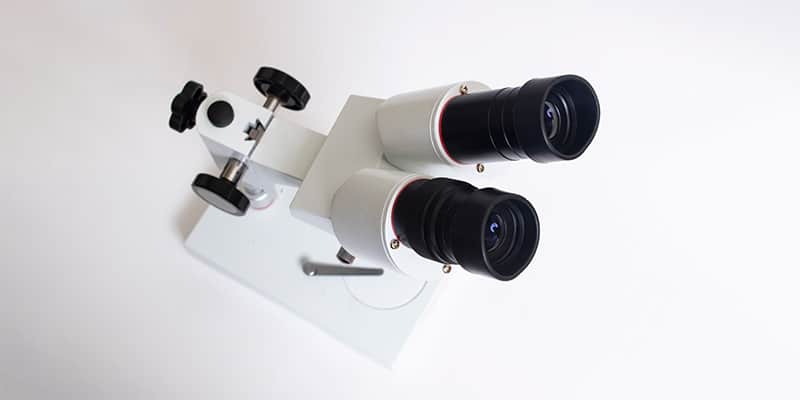Nickel is commonly found in jewelry
Nickel is found in jewelry because it’s a relatively inexpensive metal that can offer a lot of durability. However, nickel has been known to cause allergies and skin irritations, so if you want to avoid nickel, look for products with stainless steel or titanium as these metals are free from impurities. Additionally, many companies now offer “nickel-free” or “nickel-safe” options that use these safer metals instead. If you’re looking for a great gift that doesn’t contain nickel but still looks nice and feels good on the skin, consider buying something made of sterling silver – one of the most popular types of jewelry on the market today. Another option is buying items with rose gold plating. Rose gold is often thought to be just as beautiful as yellow gold but without the cost associated with it.
Watch out for stainless steel jewelry
If you want to reduce your risk of nickel exposure, one way to help protect yourself is by not wearing stainless steel jewelry. You should especially avoid such things as earrings or a necklace that could potentially cause an injury if swallowed. If you wear stainless steel jewelry, make sure it is never in contact with your skin because nickel can leach from the metal and into your body. This can lead to nickel poisoning which causes fatigue, impaired thinking and coordination, and even death.
Avoid products made with nickel
Nickel is a metal that can cause damage to your health if ingested. If you are concerned about consuming something that contains nickel, there are some things you can do to decrease your risk. The first thing is to avoid products made with nickel in the first place. Another option is to find out what other metals may be used in the construction of the product – and whether or not those metals are safer than nickel. Make sure to take this into account when looking for a product to purchase. The final step is to use methods of removing nickel from your system – such as activated charcoal or apple cider vinegar, which help bind with and remove it from your body. These two options are safe, affordable, and widely available.
Stainless steel cookware is safe to use with food
If you’re worried about nickel, the best thing you can do is use stainless steel cookware. These pots and pans are safe to use and don’t leach at all with heat. You can use them on the stove or in an oven without worrying about absorbing nickel into your dish. Nickel-free cookware is also available in other materials such as Teflon and aluminum, but they still carry risks because they contain carcinogenic chemicals that are known to cause cancer when heated above a certain temperature.
Titanium cookware is nickel free but not as durable
as stainless steel Titanium is usually considered nickel-free because of its low solubility. However, if you plan on cooking with it regularly, it could start to corrode over time and lose its durability. Additionally, titanium has a high reactivity to oxygen, which means it will oxidize – this leads to a decrease in the life of your cookware. Stainless steel is also nickel-free but much tougher than titanium. It’s durable and can withstand a higher degree of heat and pressure without warping.
Avoid exposed wiring such as in alarm clocks and thermostats
A common way that nickel can sneak into your body is through contact with exposed wiring such as in alarm clocks and thermostats. To help avoid this, it’s a good idea to cover these items with a cloth. Remove the protective covering from any wires before handling them so you don’t cause any contact. Another way to reduce your risk is to wash your hands frequently – especially after handling metals or touching tools like screwdrivers, knives, and drills. This will remove any nickel from your skin before it has a chance to enter the body.
Don’t use silver utensils when eating off of stainless steel or titanium plates.
If you plan on using silver utensils, remember to wash them thoroughly after use. Also, if a metal plate you’re eating off of is made of stainless steel or titanium, make sure not to use silverware.
Wrap your fork in a napkin before placing it on a plate.
Wrap your fork in a napkin before placing it on a plate. This is a simple and effective way to avoid ingesting nickel by using a method that’s been around for thousands of years. The process is known as “wiping”, which means to remove from one surface and place onto another surface without contaminating the former surface. It’s an easy step to take when dining out or making food at home. You can also use stainless steel utensils instead of those made with nickel. If there is any doubt that something you might eat contains nickel, it’s best to avoid it altogether. The most effective way to avoid ingesting nickel is by consuming only non-nickel-containing foods like fruits and vegetables, meats, poultry, eggs, grains, fish and seafood. Do not consume anything containing nickel if you know you have an allergy or sensitivity to the metal because this could worsen your condition or result in anaphylactic shock! Nickel allergies are rare but they do exist – so be sure to take steps to avoid the problem before it becomes serious!
